If you are in need of cash for medical bills, education expenses, or simply have a large purchase coming up, you will need to get a few things together before you apply for a personal loan. It may seem a bit overwhelming and intimidating to have to suddenly prove your financial worth and credibility before a lender will approve your loan, but we are here to help. Here are the documents you need to get a personal loan from a bank.
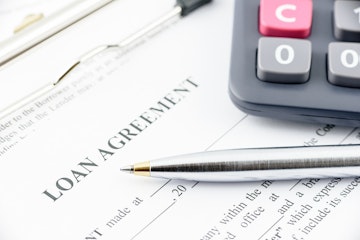
William Potter/shutterstock.com
What is a personal loan?
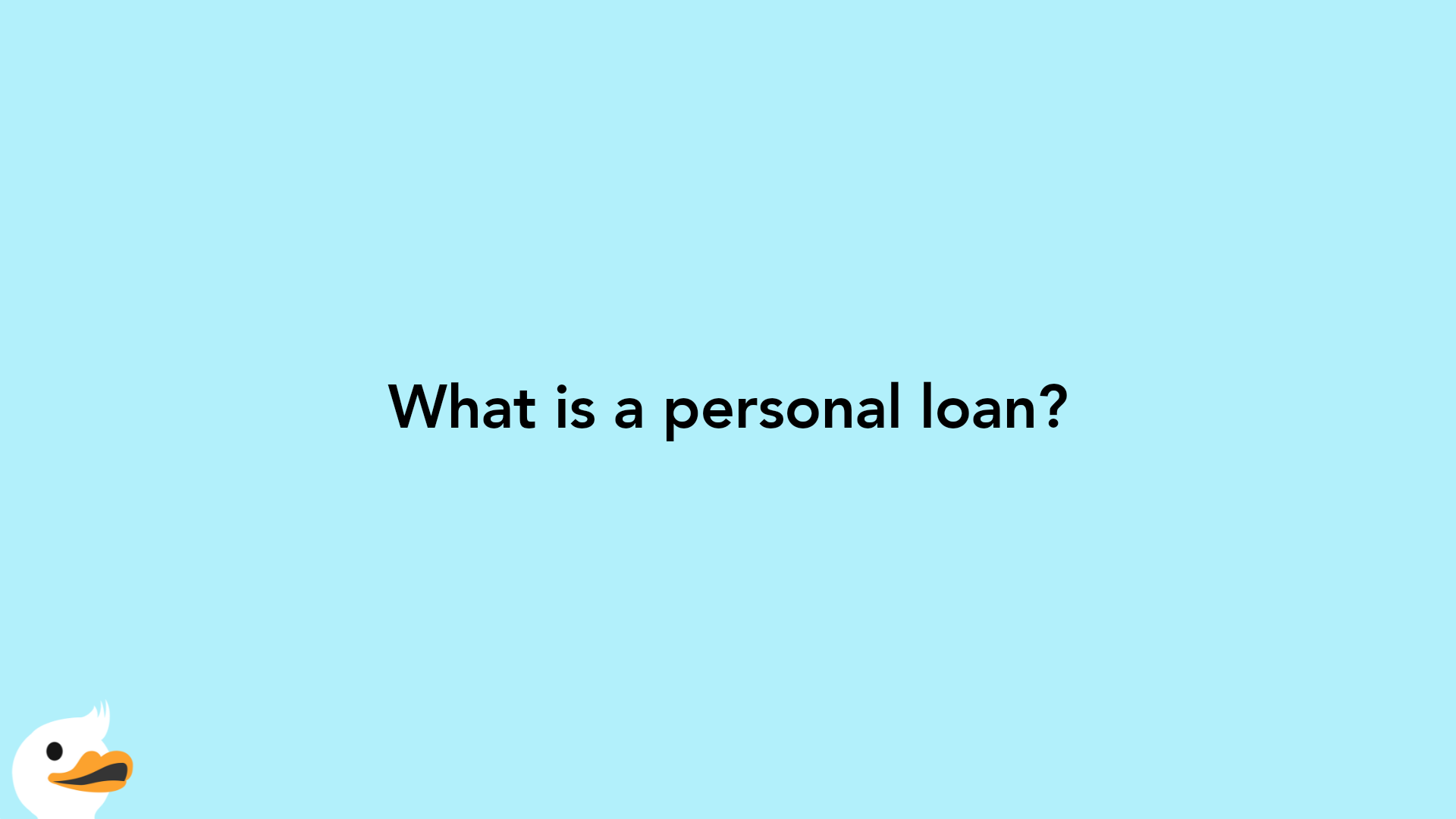
A personal loan is a lump sum advance from a lender. The borrower is expected to pay back the loan amount, plus interest, in fixed monthly installments. A personal loan can be secured by the asset purchased or by a co-signer or guarantor. Unsecured loans are granted solely based on the borrower’s creditworthiness and financial ability to repay the loan. There are three types of personal loans. First, “a term loan” is what most people think about when you say “personal loan.” You borrow from a lender, usually a bank, and make monthly repayments for the duration of your loan tenure. Second, a “revolving loan” is a personal line of credit, most commonly known as a credit card. You can use as much of the loan until you reach the credit limit. After returning the borrowed amount, or paying off your credit card bill, you can reuse the line of credit. Third, a “balance transfer scheme” is also known as debt consolidation. The borrower combines his or her loan balances from different lenders or banks into one bank for better management of debt and less interest.
Age and Identity
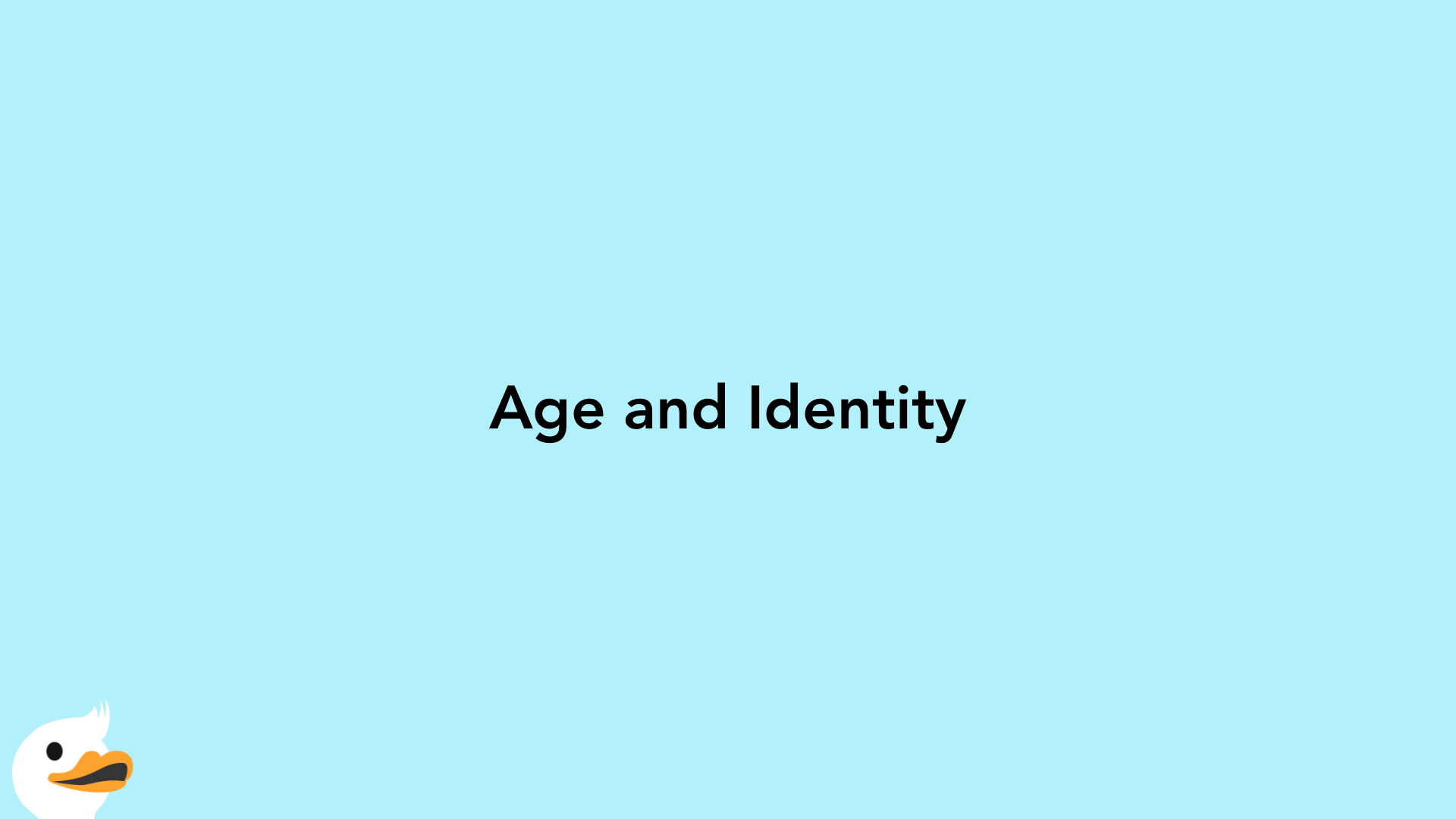
You must be at least 21 years old to apply for a loan and have proof of identity. Therefore, be sure to bring all legal identifications, including your Singapore National Registration Identification Card or NRIC, passport, and employment pass.
Address
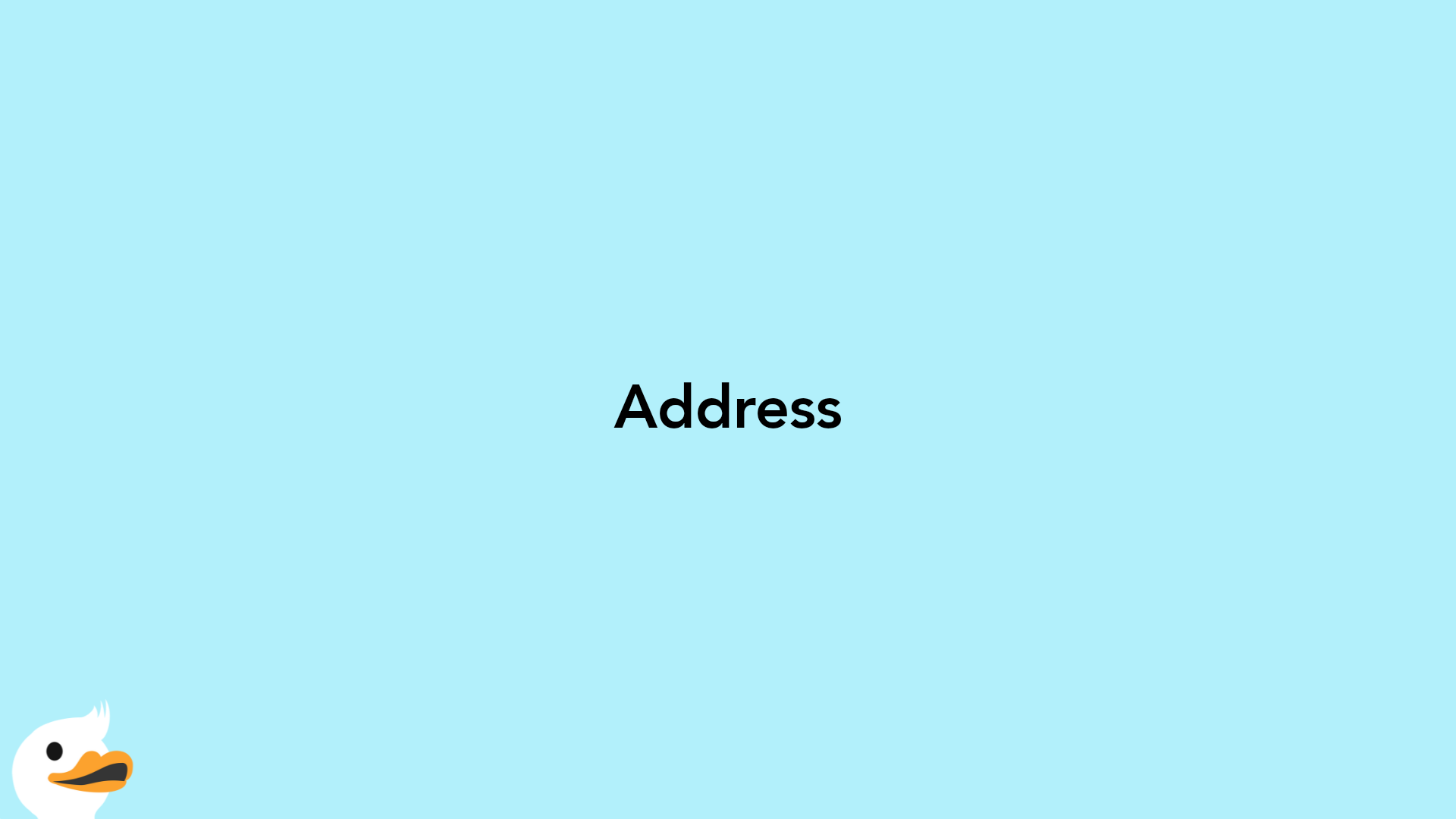
You will need to provide proof of residence so the lender doesn’t think you are a drifter moving about the country. Bring any bills, such as recent utility bills or your apartment lease agreement with your name and address on them.
Income
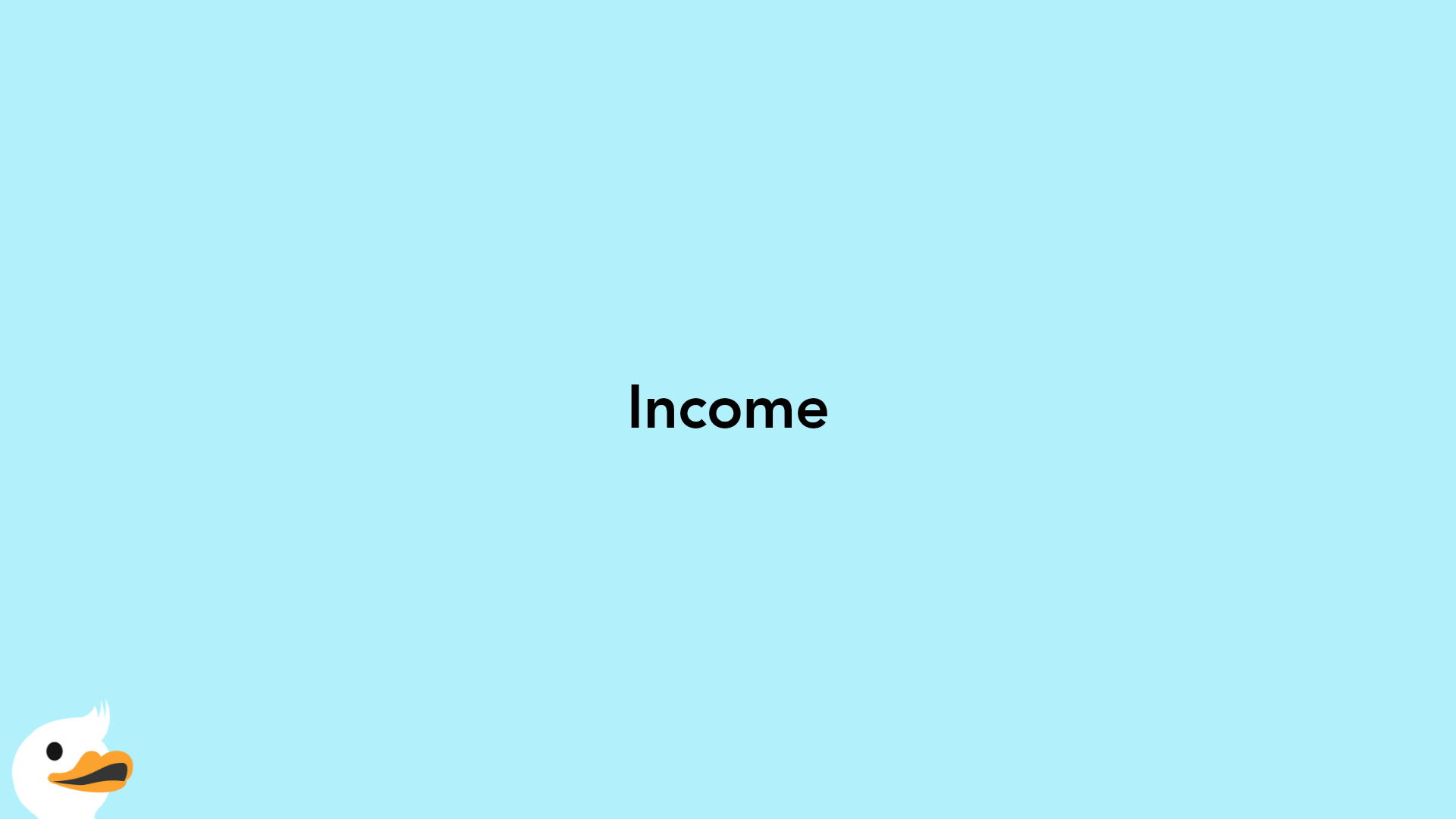
Lenders will not approve your loan if you don’t have any proof of income. For a Singaporean national, the annual salary requirement is usually at least S$30,000. A few banks allow S$20,000, but will normally charge a higher interest rate on your loan. Self-employed persons, commission-based employees, and foreigners are considered higher risk. As a result, most banks will require an annual minimum requirement of S$40,000. The exact income requirement will vary among banks and lenders.
You will need to bring documents proving your income and essentially, your ability to pay back the loan. If you are a salaried employee, most lenders will ask for your most recent 12 months of Central Provident Fund contribution history statements, your latest Income Tax Notice of Assessment, or your most recent computerized payslip. However, those who are self-employed must provide a copy of their latest income tax notice of assessment and have been in business for a minimum of two years. 100% commission earners must provide their latest three months’ payslips and their latest Income Tax Notice of Assessment. All other commission earners have the choice of providing their latest three months’ payslips and their latest Income Tax Notice of Assessment, or, their latest 6 months' Central Provident Fund contribution history statements.
It is also worth noting, that as you prove your income, the bank will compare what you make to the amount you are looking to borrow. In fact, your maximum borrowing limit is usually up to four times your monthly income. Moreover, banks also take into account your Total Debt Servicing Ratio or TDSR. Essentially, they know how many outstanding loans you currently have and how much credit card debt you have. Official regulation dictates that you can’t use more than 60% of your income to repay loans. Too many debts will eat away your regular income, making you a high-risk borrower. As a result, the higher your TDSR, the more likely you will be rejected or you will not receive the full amount you are seeking to borrow.
Furthermore, as the lender analyzes your CPF contributions history statements, they will also be looking at how long you have been employed at the same location. It is more attractive if you have been at the same job for at least 3 months before applying for a personal loan. Of course, self-employed persons are held to a different standard and must have been in business for at least two years.
With all this in mind, it may be a good idea that you pay off any previous debt, stay at the same job, and pick up a few extra shifts at least 6 months prior to applying for a personal loan.
Credit Report
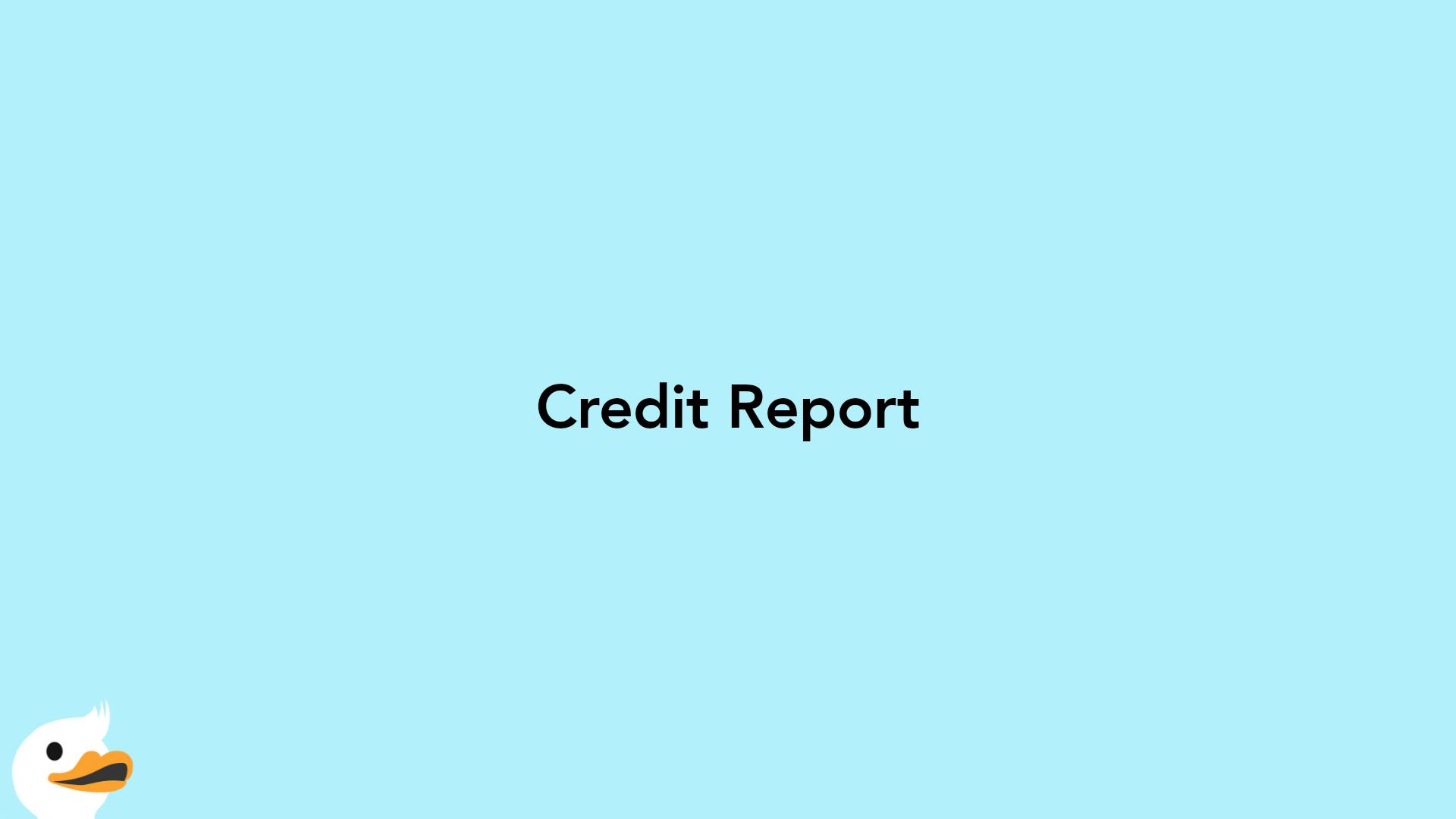
You will not need to produce your credit report while applying for the personal loan; the bank will look it up themselves. However, you should have requested a copy before you apply. This is to make sure that there are no errors in your credit history. If there are, be sure to get it sorted out and corrected before the bank checks your credit score. Your credit rating is designed to predict risk and how likely you will default on your credit responsibilities. You want your grade to sell that you are a trustworthy borrower and that you pay back your loans on time and in full.
Final Thoughts

The days of getting dressed up, putting on your best suit or skirt, to go to the bank and apply for a loan are slowly drifting away. Banks and other lenders now have more stringent requirements for approving loans. In fact, this is a protection for consumers so fewer people default on their debt. Approval is now a mathematical calculation and analysis based on your financial history and income. You can even compare interest rates and apply online without ever stepping foot into a bank! Of course, requirements and eligibility vary by lender. However, having the right documents when applying will always work in your favor to increase the chances of being approved.

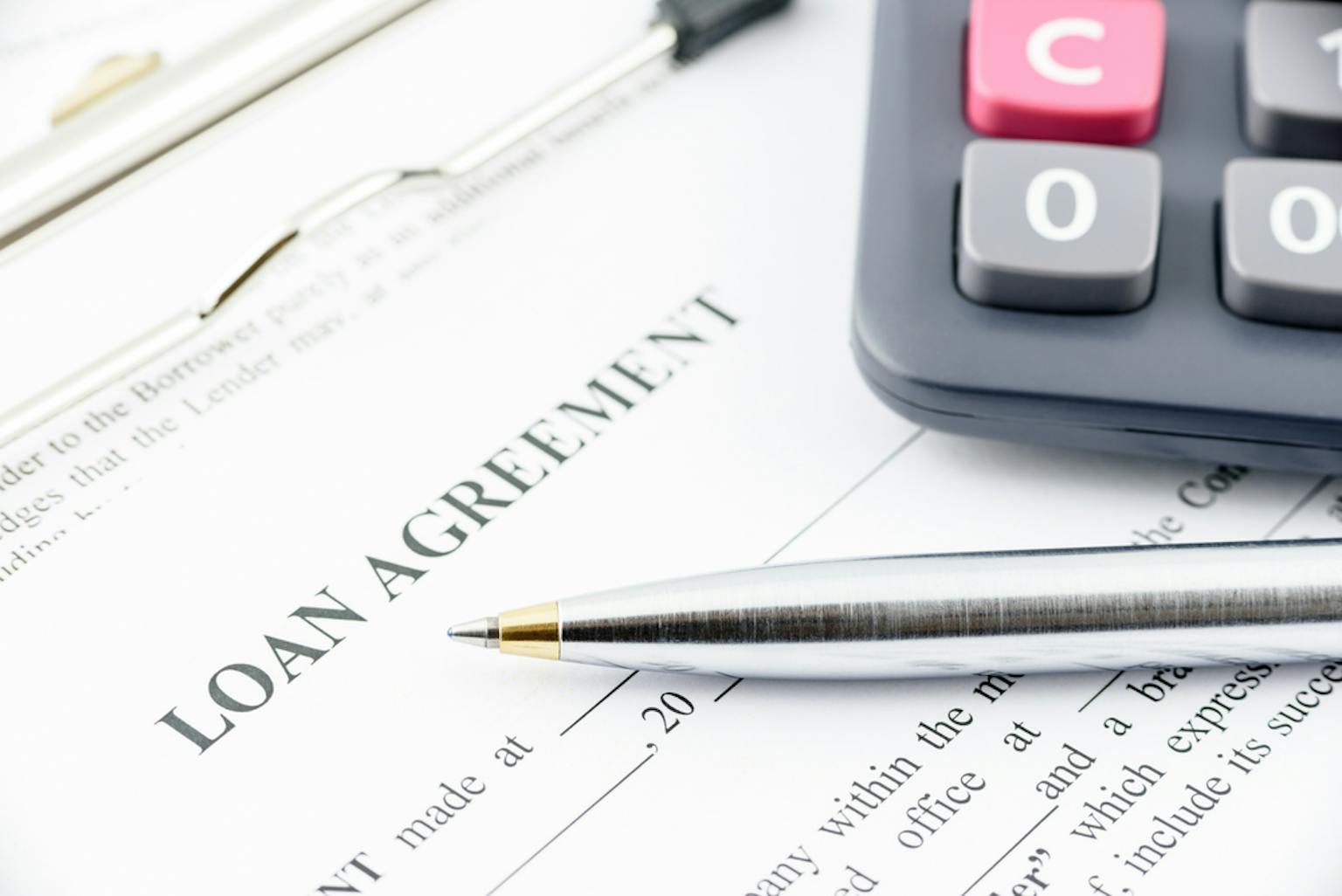






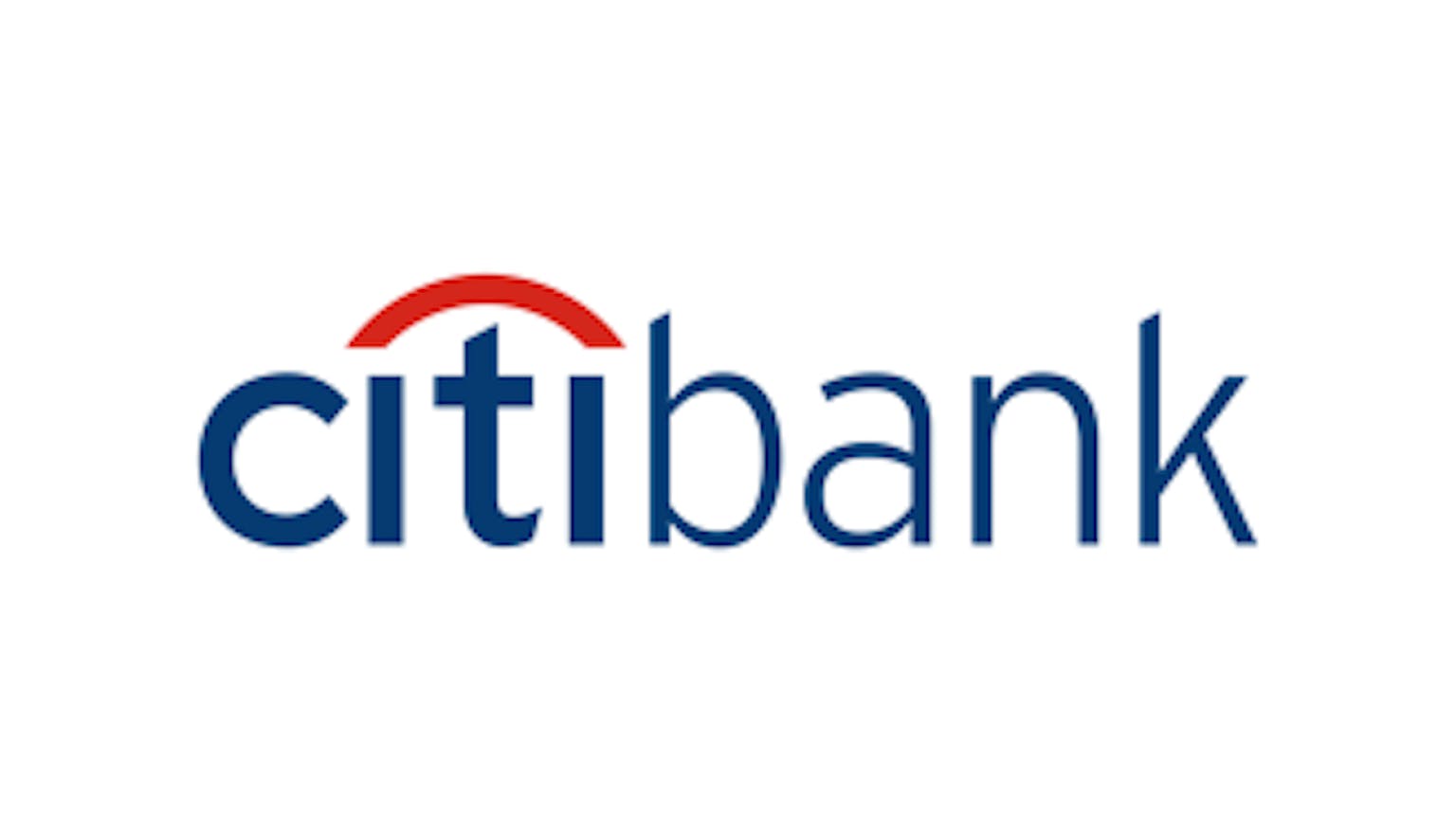
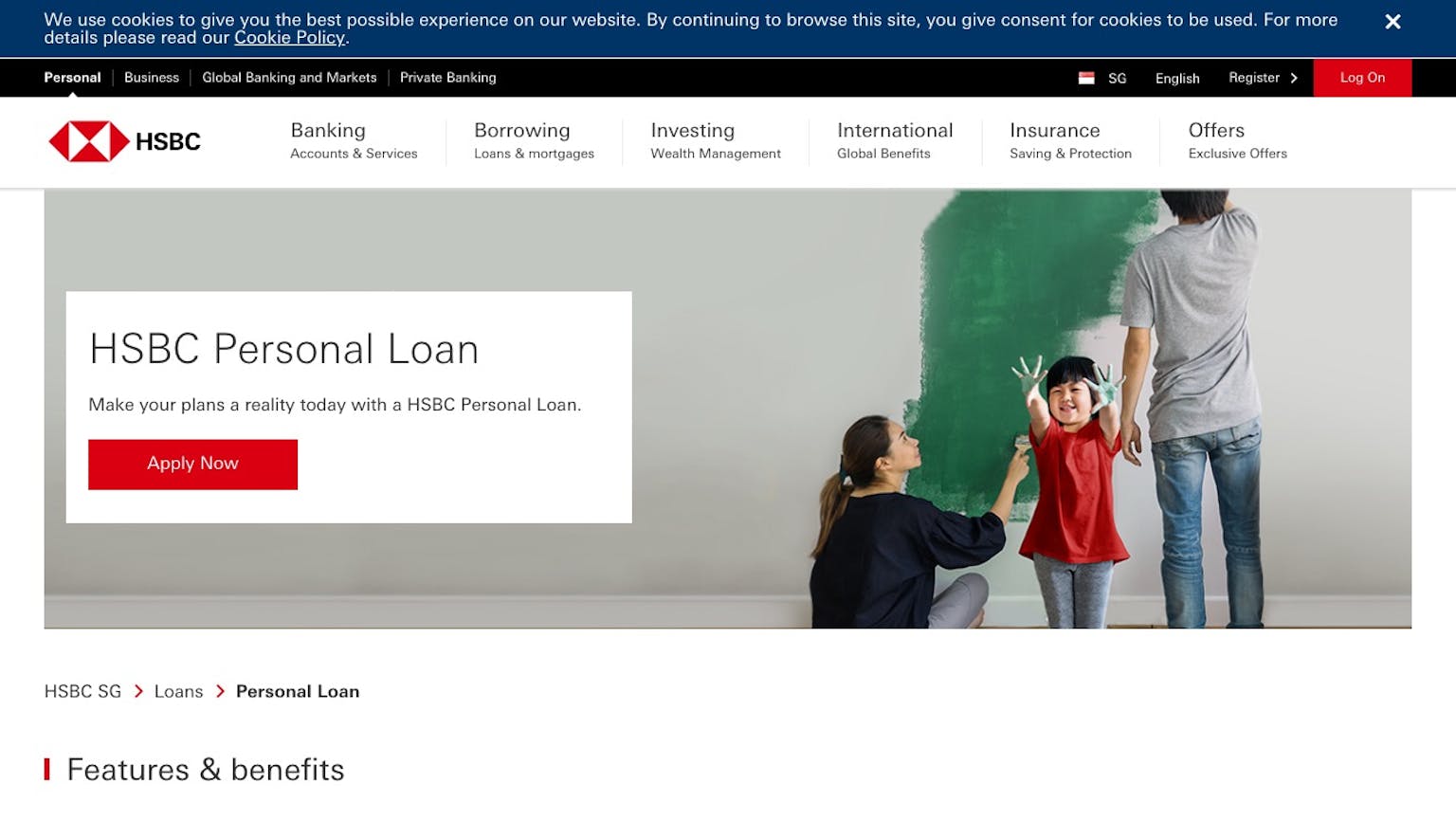
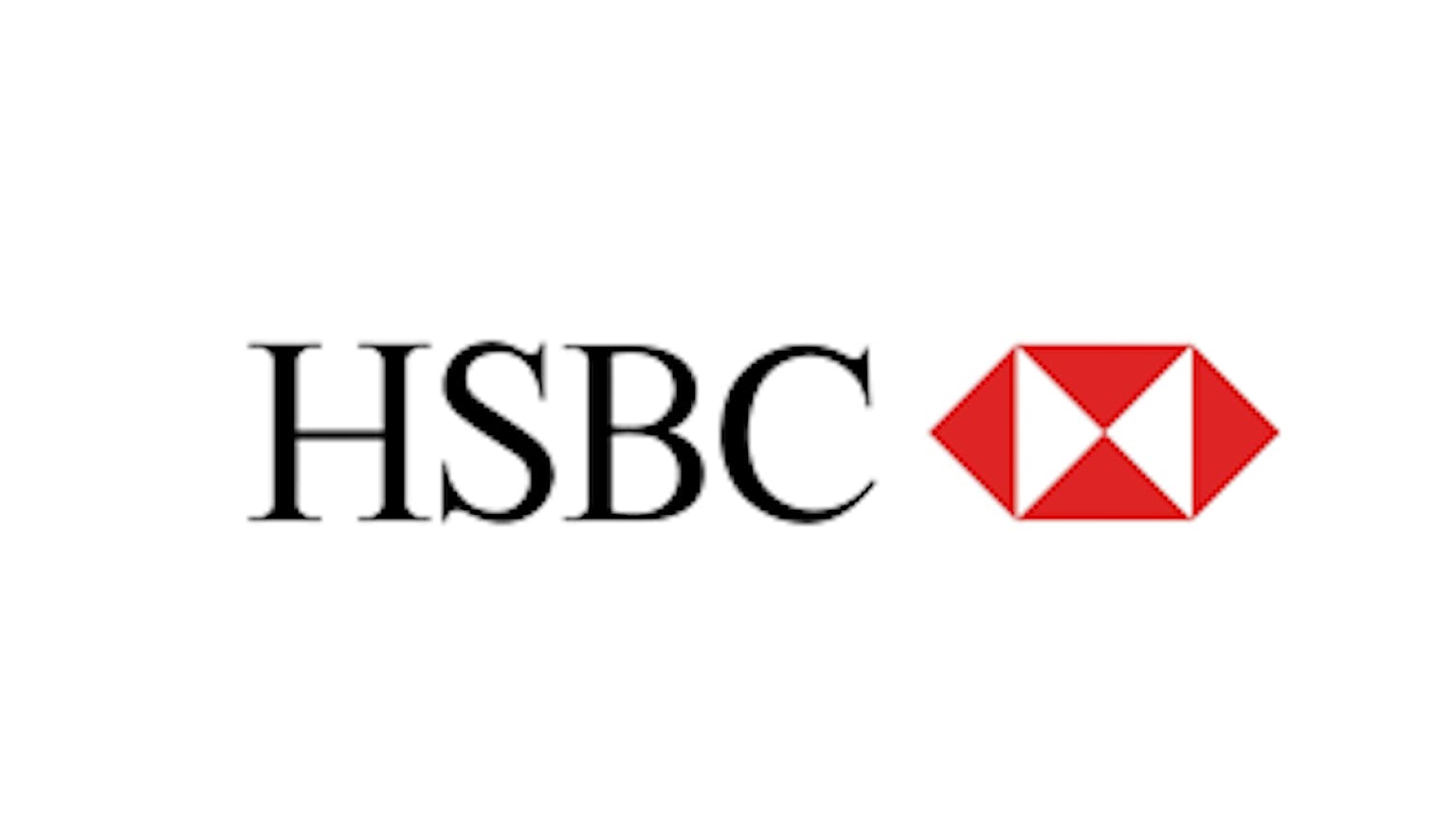

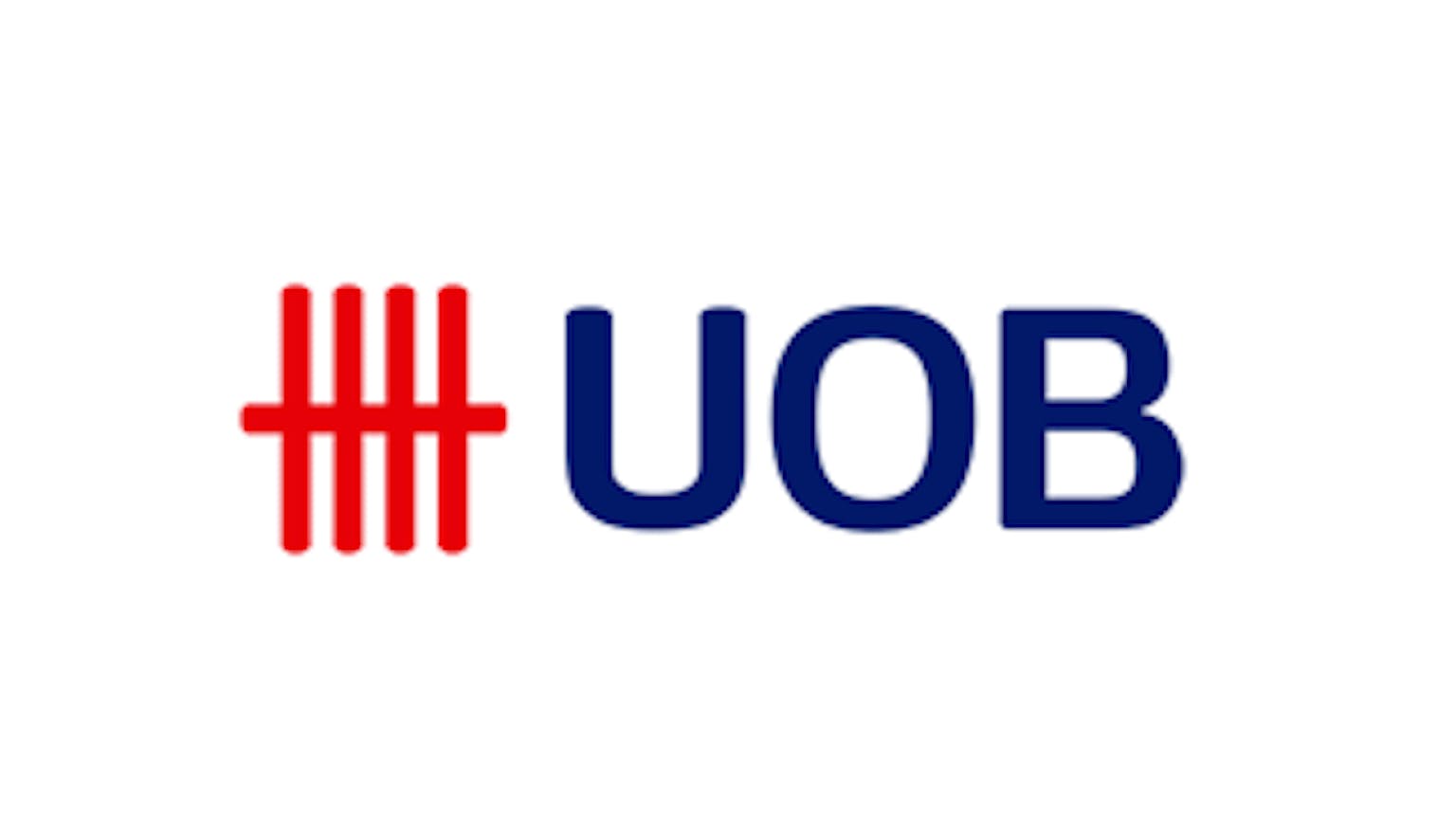

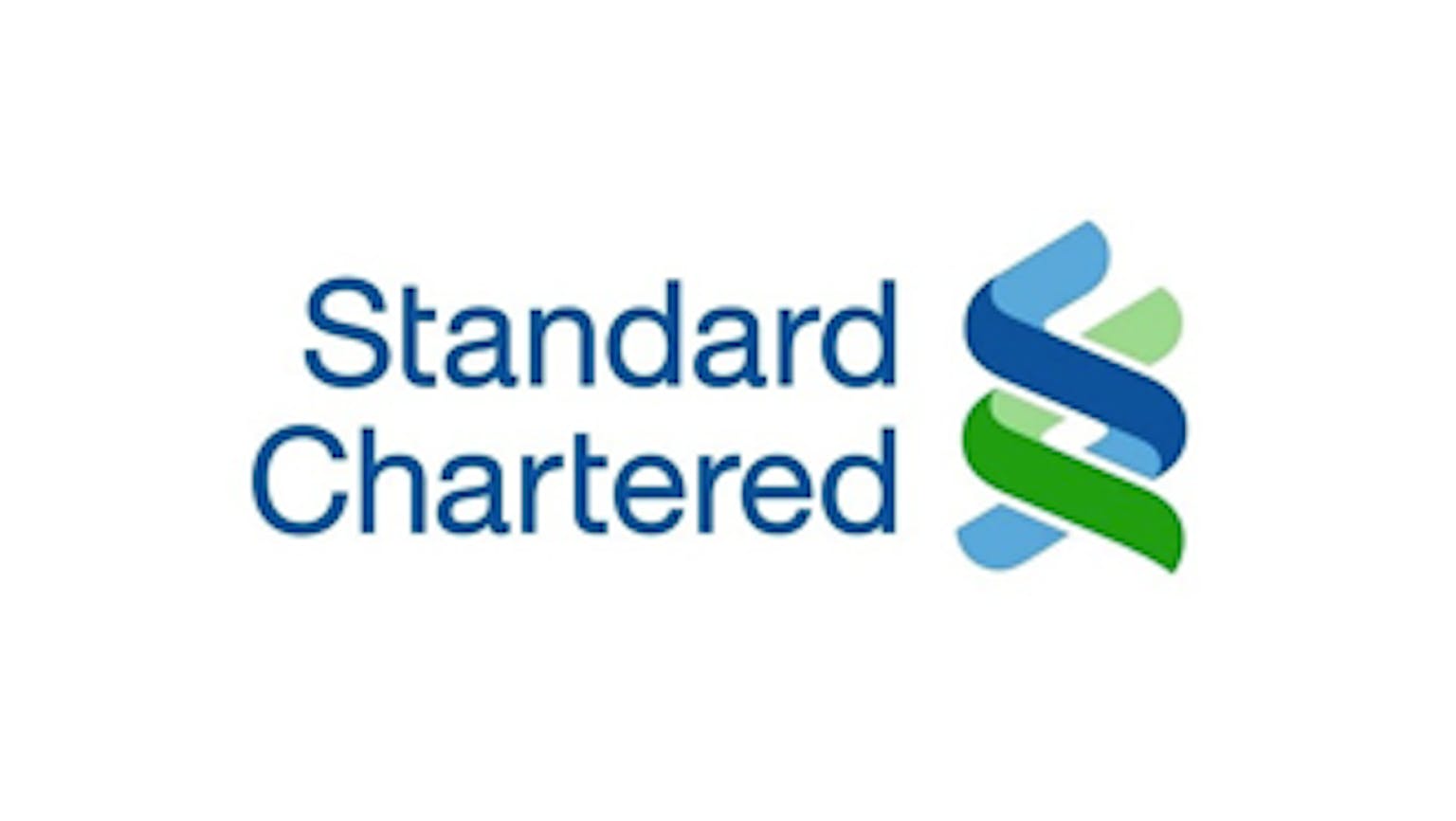
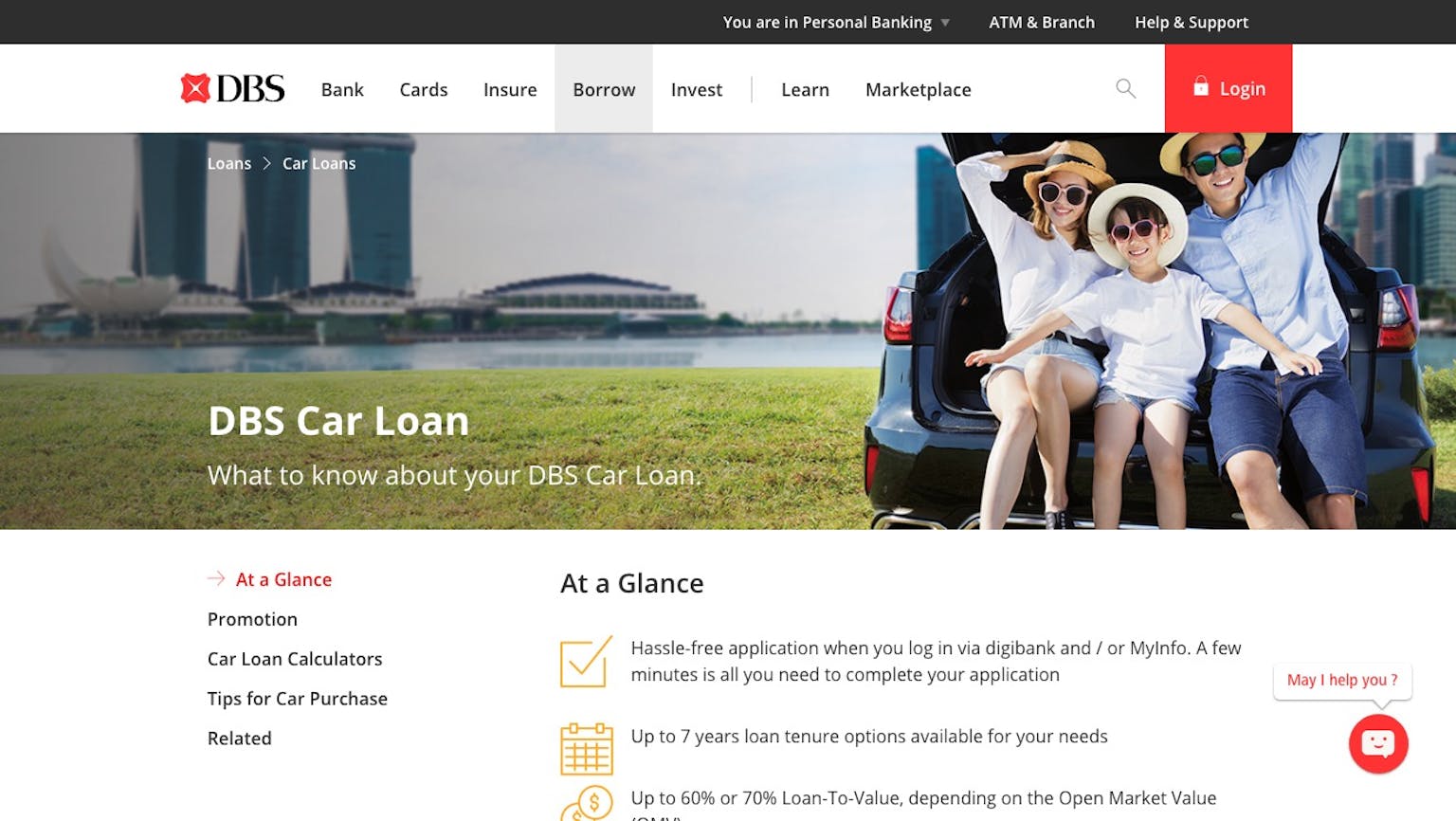
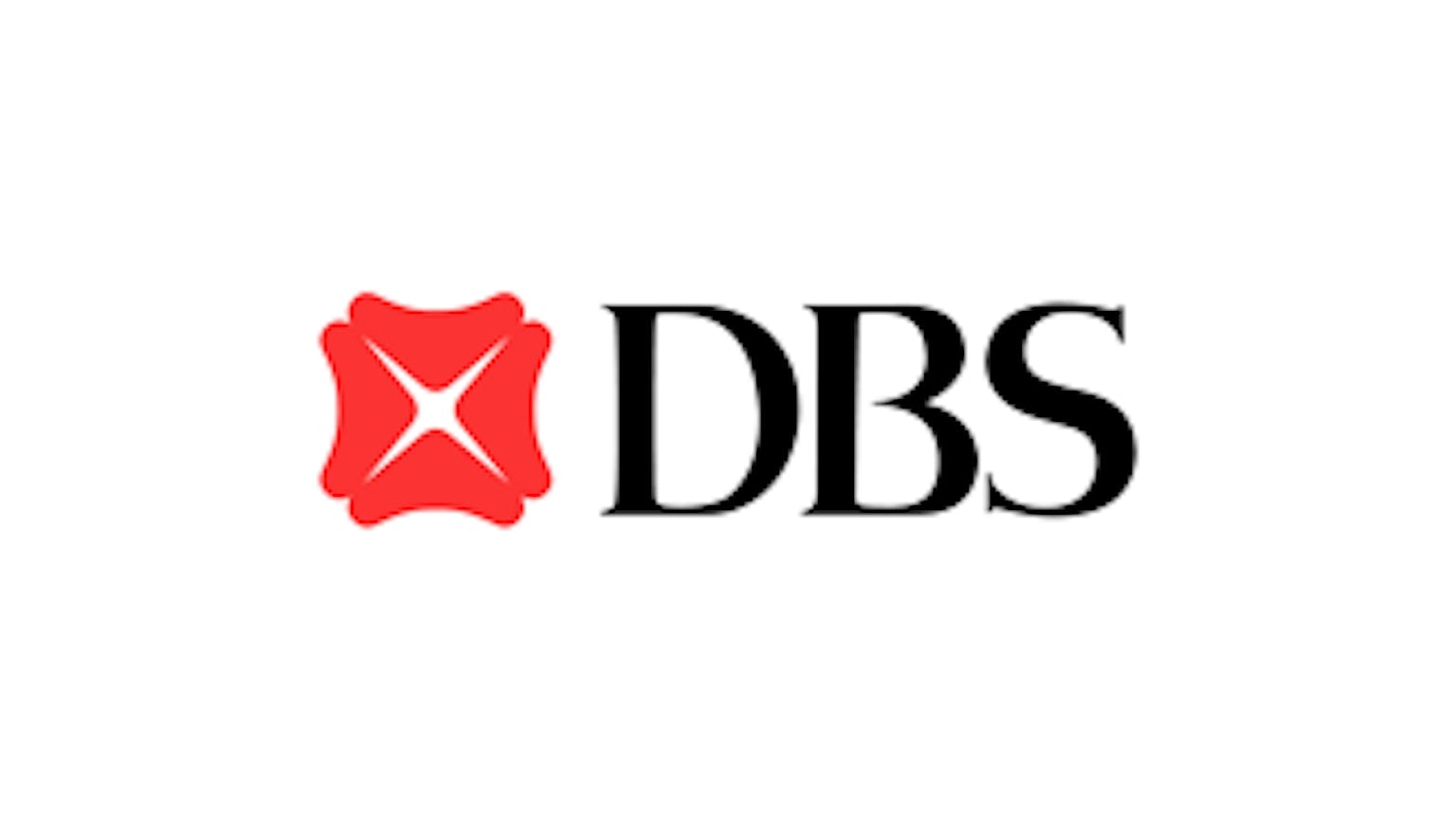
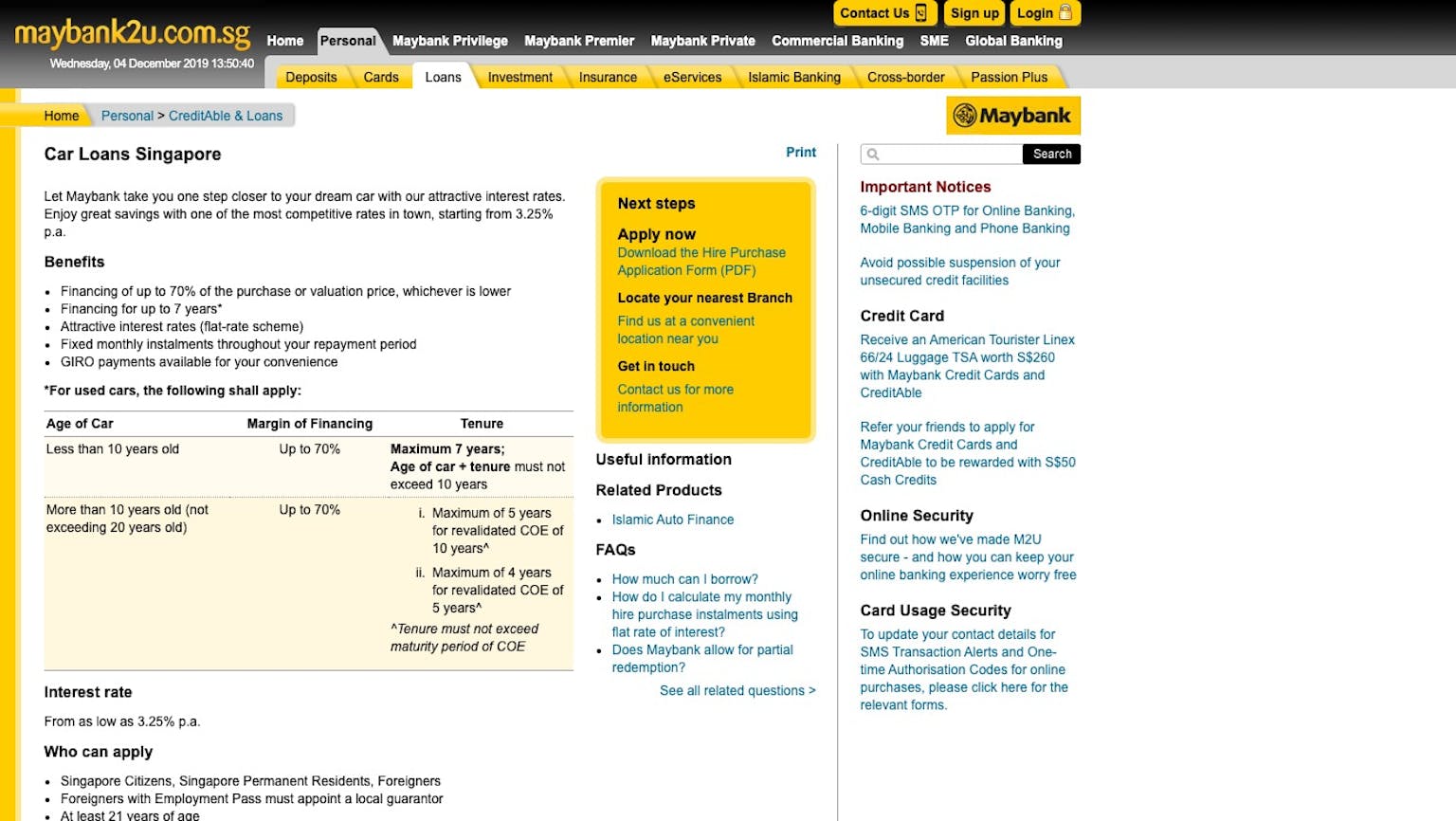
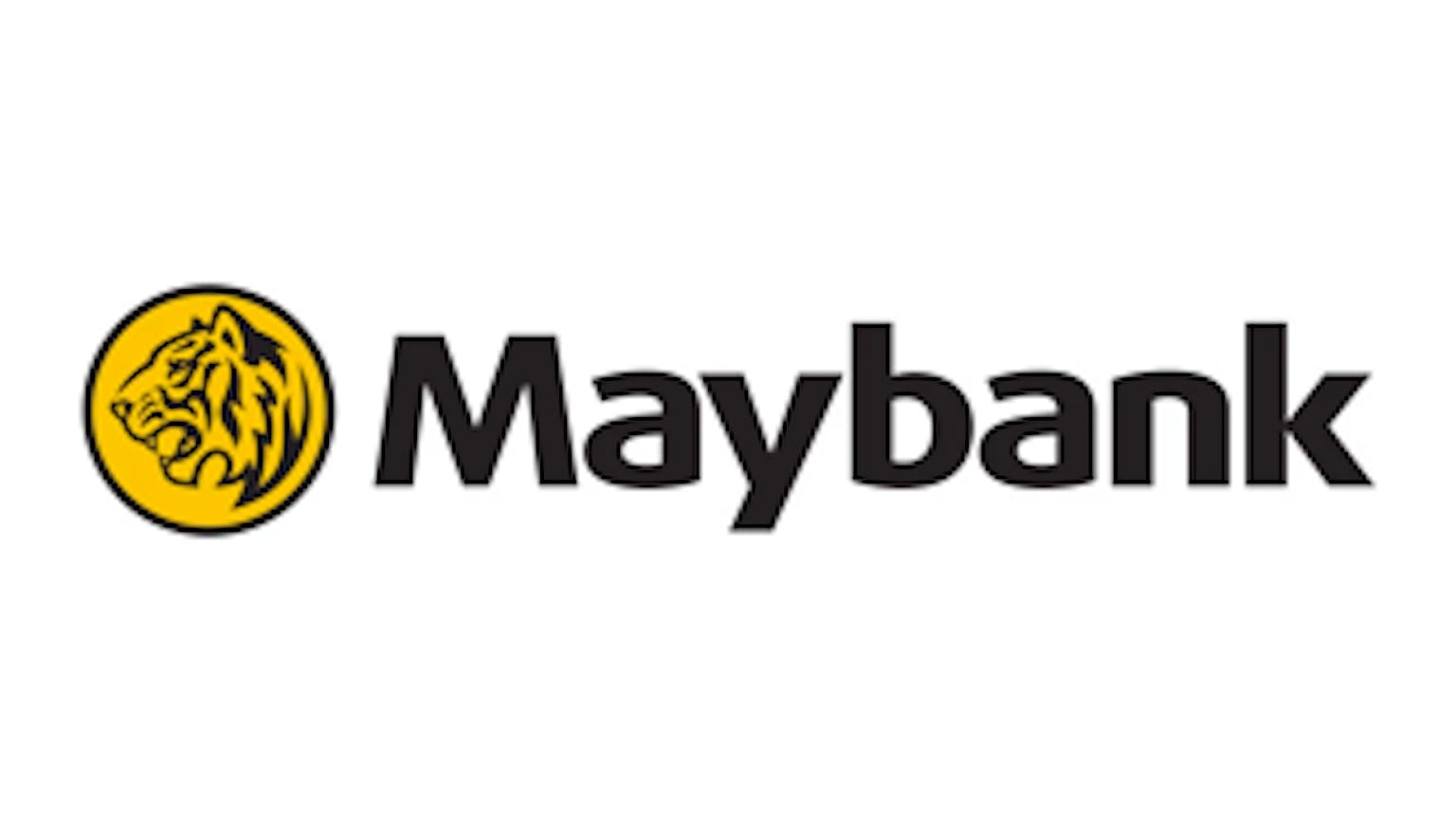

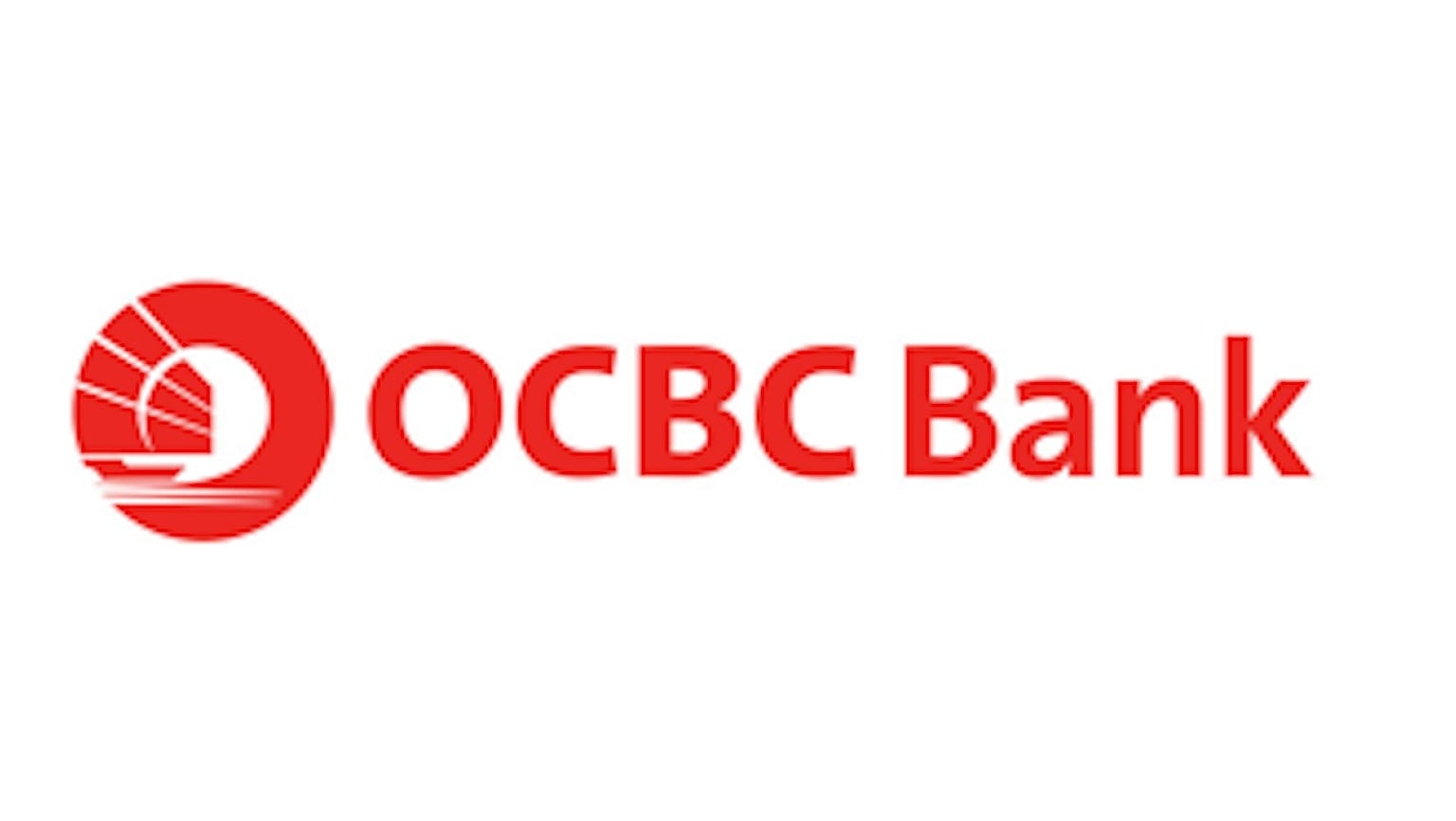


Please leave your knowledge and opinion!